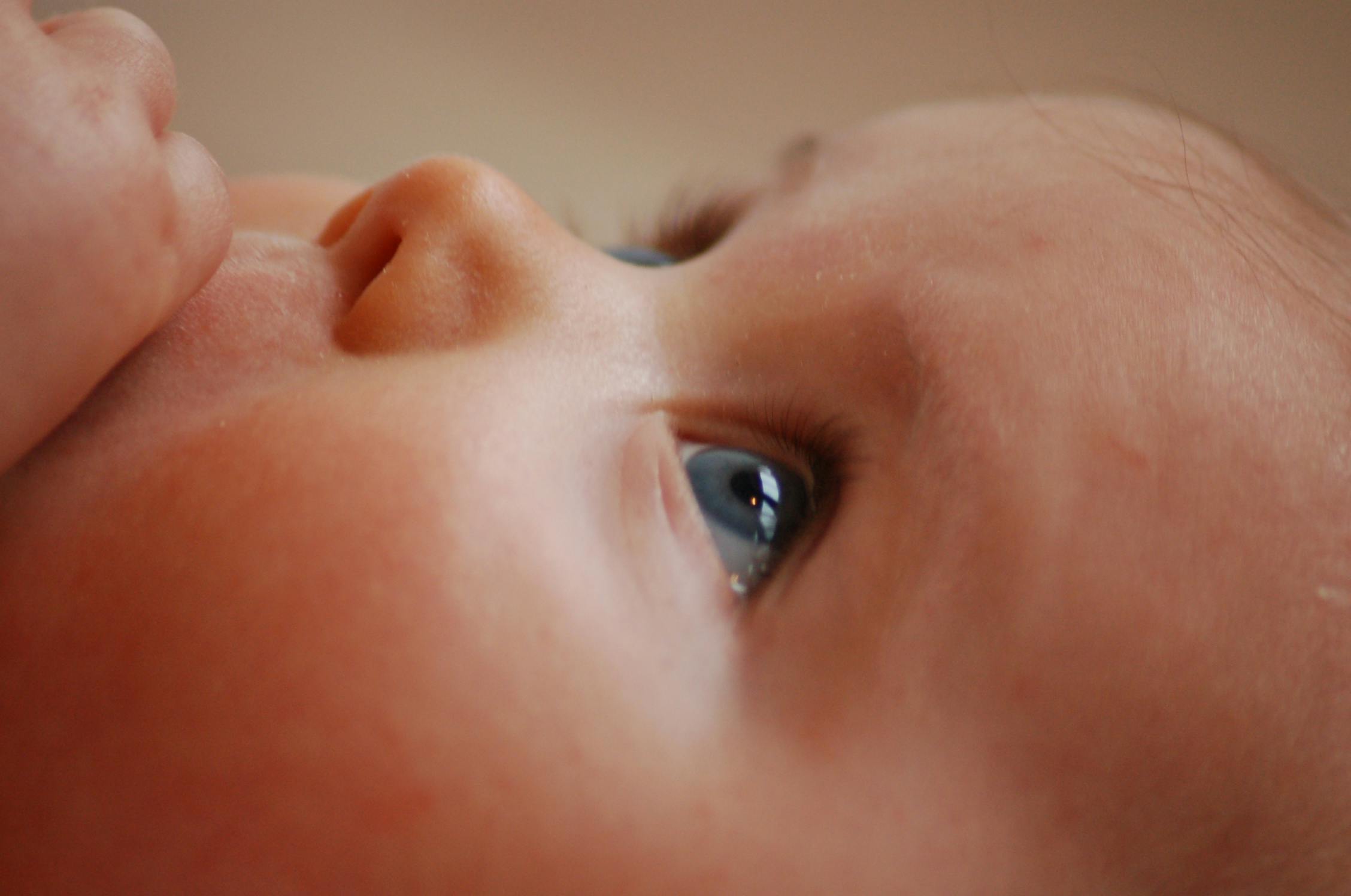Barrie Drewitt-Barlow, CEO of the British Surrogacy Centre, recently revealed in an interview that he and his partner paid a model to be an egg donor to avoid having what he termed "ugly" children. This admission was made during an episode of the show "Stacey Dooley Sleeps Over."
Explainer Immigrants Create 21 Children Via Surrogate Before Allegedly Abusing Them
Drewitt-Barlow, who gained attention as one half of the first same-sex couple in the U.K. to be listed as parents on the birth certificates of their surrogacy-born twins, has fathered seven children through surrogacy. He stated that he selects egg donors based on their physical appearance, saying, "I have hundreds of those models on our books right now."
The financial aspect of this process is significant; Drewitt-Barlow reportedly paid the model £50,000, or over $100,000, for her eggs. He defended his approach, arguing that it is a rational choice for those seeking to control the traits of their children. "Most people could do a lot worse than spend one month of their life on drugs to give some embryos for 50 grand," he said.
When questioned about the implications of prioritizing aesthetics in childbearing, Drewitt-Barlow dismissed concerns about a potential slippery slope, stating, "What do you want me to say? 'No, we need ugly ones as well?' I’m sorry, I just can’t lie. Nobody wants an ugly kid."
Critics of Drewitt-Barlow's views argue that such attitudes reflect a troubling trend in reproductive technology. Katy Faust, founder of Them Before Us, stated, "Surrogacy takes something away from the child. It is the infliction of an intentional loss simply because an adult wants it that way."
The episode also highlighted the perspective of one of Drewitt-Barlow's surrogates, who expressed her motivation to help those struggling with infertility. However, the discussion raised questions about the ethical implications of Drewitt-Barlow's choices, particularly as he is not facing infertility himself.
Drewitt-Barlow's children were conceived through surrogacy in the United States, as commercial surrogacy and certain genetic selection processes are illegal in the U.K. He argued that his approach is not akin to selective breeding, noting that his children are "just normal kids" and not "designer kids."
The conversation also touched on the broader implications of in vitro fertilization (IVF) practices. According to reports, hundreds of thousands of IVF cycles occur annually in the U.S., but less than 10 percent of embryos survive to birth. Critics argue that this industry prioritizes profit over ethical considerations, raising concerns about the welfare of children conceived through such methods.
In a poignant moment during the episode, Dooley shared her personal experience with infertility, expressing her belief that the focus on physical appearance in childbearing is misplaced. This emotional reflection contrasted sharply with Drewitt-Barlow's more transactional view of parenthood.
As the debate continues, Drewitt-Barlow's comments have reignited discussions about the ethics of surrogacy and the use of reproductive technology. The implications of these practices for children and families remain a contentious topic in contemporary society.
Why it matters
- Drewitt-Barlow's comments highlight a controversial trend in surrogacy, prioritizing aesthetics over ethics in childbearing.
- His admission raises ethical questions about the implications of selecting egg donors based on appearance.
- The discussion reflects broader concerns about the commercialization of reproductive technology and its impact on children.
What’s next
- Watch for potential regulatory discussions on surrogacy practices in the U.K. following this controversy.
- Expect responses from advocacy groups addressing the ethical implications of Drewitt-Barlow's views.
- Monitor public opinion and debates surrounding reproductive technology and surrogacy ethics in upcoming forums.

